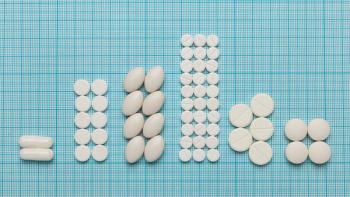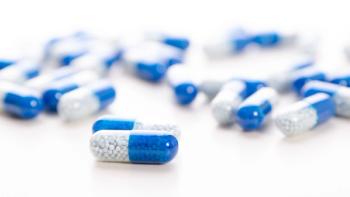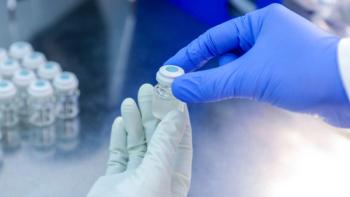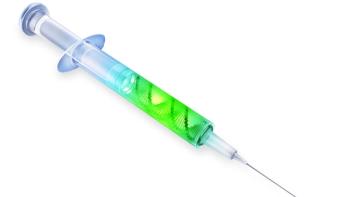
Advancements in soft capsule technology can enable the development of soft capsule formulations, which are becoming the preferred method of oral administration.

Advancements in soft capsule technology can enable the development of soft capsule formulations, which are becoming the preferred method of oral administration.

This article introduces a control chart technique using F statistic for continued process verification of oral solid dosage forms.

Whether biologic manufacturers decide to outsource or develop products internally, the quality of a CDMO partnership is critical to success, especially for cell and gene therapy products.

WHO has awarded prequalification to GSK’s Mosquirix, an approved malaria vaccine.

Creating building blocks for good manufacturing practices is essential.

Moderna is suing Pfizer and BioNTech for allegedly infringing on patents the company filed from 2010 to 2016.

The European Commission (EC) has approved Celltrion Healthcare's Vegzelma (CT-P16), a biosimilar to bevacizumab referencing Avastin.

Biosimilar data analysis must demonstrate a correlation between structure and function.

Technological advances are progressing pharmaceutical packaging to overcome the challenges of the future.

This article is focused on introducing a control chart technique using relative standard deviation (RSD) statistics (i.e., RSD chart); in other words, a coefficient of variation chart for continued process verification.

Biologics are forming a greater proportion of the development pipeline, but there are still some formulation difficulties to overcome to ensure clinical and commercial success.

Following the recommendation of an independent vaccine panel, FDA is advising vaccine manufacturers to include an Omicron BA.4 and BA.5 component to their booster doses.

The Sanofi-GSK vaccine is the first candidate to demonstrate efficacy in a placebo-controlled trial with a high-Omicron environment.

Batavia Biosciences is expanding its headquarters and R&D capabilities in its Netherlands facility.

FDA has approved GSK’s vaccine for the prevention of measles, mumps, and rubella in individuals 12 months of age and older.

Putting the patient at the forefront of drug development is essential, particularly to ensure medication compliance is optimized.

Dissolution testing has seen recent trends that have led to increased data integrity solutions as well as an increase in biorelevant testing techniques.

Lubrizol has launched Apisolex technology to improve solubility and simplify the manufacturing of parenteral drug products.

AstraZeneca's recombinant COVID-19 vaccine, originally invented by the University of Oxford, has been approved as a third dose booster vaccine in the EU.

EMA has recommended the marketing authorization of Xenpozyme (olipudase alfa) in the European Union.

The latest manufacturing technologies are essential for helping pharmaceutical formulators meet up-and-coming trends in OSD treatments.

By following some fundamental steps, manufacturers can optimize their tablet tooling maintenance and resulting productivity.

The need for sustainability and early considerations of a lyophilization strategy grow more pertinent on the back of growing biologics volume.

CGTs offer hope for the future of treatments, but the costly manufacturing, slow turnaround time, and need for supplies hinder progress.

FDA is limiting the use of Janssen’s COVID-19 vaccine to certain individuals.